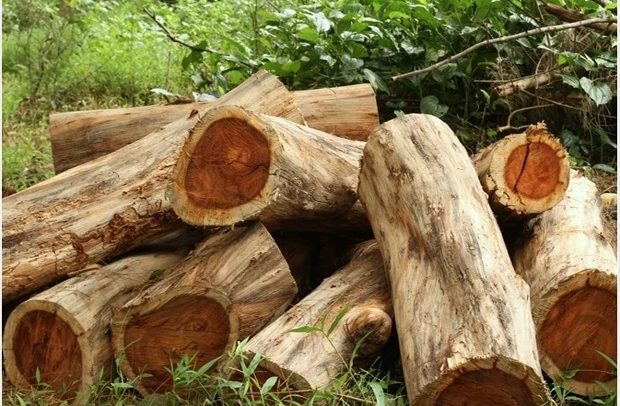Government has intensified move to protect rosewood in the country by stopping the issuance of permit for trading in exotic tree on the International market says Samuel Jinapor, Minister of Lands and Natural Resources.
The move, according to the Minister, is aimed at stopping all activities related to the business of rosewood.
He indicated that measures have been put in place to ensure compliance.
“We have placed an outright ban on the harvesting, salvaging, trading, exporting and importing of Rosewood and effective July 2, we cease the issuance of the convention of international trade and endangered species of wild fauna and flora permit which is required to legally trade rosewood on the international market where the cartels in this business ply their trade.”
“The Forestry Commission has established a rapid response team, which is collaborating with other security agencies to enforce the strict ban and clamp down on all illegal logging activities,” Mr. Jinapor said when speaking at this year’s Green Ghana Project.
Rosewood still remains a restricted wood species under Appendix II of the Convention on International Trade in Endangered Species of Wild Fauna and Flora (CITES).
While the ban remains in force, the Ministry of Lands and Natural Resources has instructed the Forestry Commission to “cease the issuance of CITES permits for the purposes of exporting Rosewood, whether the Rosewood was acquired legally or otherwise.”
The ban on rosewood harvesting in Ghana first came into force in 2014.
The ban was lifted in 2017, with the Minister in charge at that time, John Peter Amewu, giving over 20 companies permission to fell the trees.
But in March 2019, the trade was banned again, following alleged corruption and illegal trade of the resource.
Despite the ban, the country has recorded several cases of illegal harvesting of the wood, which have been confiscated by the Forestry Commission.
The government has said it will be using confiscated rosewood for the construction of the National Cathedral.
By Vincent Kubi


